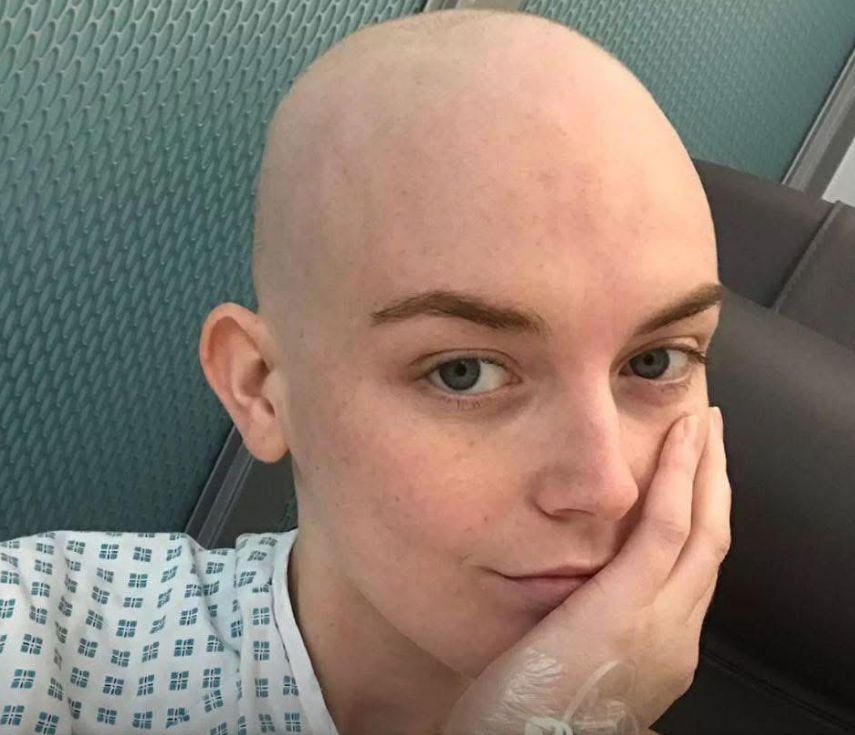Getting diagnosed with stage 4 cancer is one of the most frightening and life-altering experiences a person can face. No one ever wants to hear such news for themselves or for their loved ones, and the emotional impact can be devastating. This is why it is crucial to be proactive about health and to take preventive measures seriously. Regular medical checkups are not just a routine—they can be lifesaving. These checkups allow doctors to monitor your overall health, detect potential issues early, and provide guidance for maintaining wellness. Many serious health conditions, including cancers, are far more manageable when caught in the early stages.
However, relying solely on scheduled appointments is not enough. Equally important is the practice of self-monitoring and self-awareness. Self checks involve paying attention to your body, noticing unusual changes, and understanding what might be a warning sign that something is off. Being in tune with your body can help you catch potential health problems early, long before they escalate into life-threatening situations. Learning to listen to your body is a skill everyone should cultivate—it can sometimes make the difference between early intervention and a late-stage diagnosis.
Keep reading to learn about several symptoms and signs that should act as red flags, urging you to seek medical advice without delay. Recognizing early indicators can provide a head start in fighting diseases that might otherwise remain undetected until they become severe.
Georgie Swallow, a content creator based in the UK, is sharing her personal experience to raise awareness about Hodgkin lymphoma, a type of cancer that specifically targets the lymphatic system, which is a key part of the body’s immune system. Swallow’s goal is to educate people about the subtle signs that could indicate the presence of this illness, especially those symptoms that are easy to ignore or dismiss. She herself experienced these warning signs firsthand but initially overlooked them, assuming they were caused by stress, fatigue, or lifestyle factors.
At the age of 28, Swallow received her diagnosis. The news completely changed her life, affecting both her physical and emotional health in ways she had never anticipated. One of the most challenging consequences of her treatment was going into early menopause, which meant she lost the ability to conceive children before even having the chance to start a family. The emotional weight of this loss was profound, highlighting how cancer can impact far more than just the physical body.
The symptoms Swallow wants to raise awareness about are the ones she initially ignored in herself. She believed they were minor or stress-related and felt that visiting a doctor might be seen as overreacting or “wasting everyone’s time.” Even after noticing a lump on the side of her neck—a potentially alarming sign—she did not immediately seek medical help. This hesitation and dismissal of early symptoms is something many people do, often unknowingly, which can delay diagnosis and treatment.
Now 32 years old, Swallow has shared that her journey with cancer affected her mental health just as much as her physical health. The three main symptoms she initially overlooked were itchy legs, night sweats, and general fatigue. She described the itchiness as so intense that she would scratch until her skin broke, keeping herself awake all night. Visits to the doctor initially led to suggestions such as stress, allergies, or urticaria, but no cream or lifestyle adjustment helped alleviate her discomfort. Meanwhile, she continued to experience unexplained weight loss, frequent colds and flus, exhaustion, and night sweats. Despite these serious signs, she rationalized them as the effects of being “too busy” or “overworked.”
Swallow’s story emphasizes a key point: seemingly minor symptoms should not be dismissed, as they may indicate a more serious underlying condition. Fatigue, skin changes, and night sweats, while common and often harmless, can sometimes signal diseases such as Hodgkin lymphoma. Early recognition and timely consultation with medical professionals can dramatically improve outcomes.
One of the most emotionally difficult aspects of Swallow’s journey was the early onset of menopause. She likened it to “being hit by a bus,” explaining that cancer can take many things from a person, but losing fertility before having the opportunity to have children was particularly devastating. Experiencing menopause at 28 left her without peers to share her struggles with, making the emotional burden even heavier. She shared that while friends were supportive, it was difficult for them to fully understand what she was going through, highlighting the isolation that can accompany serious health issues.
Through sharing her story, Swallow hopes to raise awareness about the importance of paying attention to warning signs and encourages others to take any unusual or persistent symptom seriously. By doing so, individuals may be able to seek a diagnosis much earlier than she did, potentially improving outcomes and preventing unnecessary complications. Her experience serves as a powerful reminder of the value of vigilance, self-care, and early intervention.
Ultimately, Swallow’s story is not just about cancer awareness—it is about empowerment. It underscores the importance of listening to your body, advocating for your own health, and acting without delay when something feels wrong. Regular checkups, combined with careful self-monitoring, create a comprehensive approach to health that can save lives. Her experience reminds everyone that early detection matters, and that even subtle, easily ignored symptoms deserve attention.
By sharing her journey, Georgie Swallow offers hope, education, and a sense of urgency. Her story encourages people to be proactive about their health, seek medical guidance when needed, and not dismiss changes in their body as minor or trivial. It is a compelling call to action for everyone to prioritize their well-being and to never underestimate the significance of what their body is trying to tell them.
